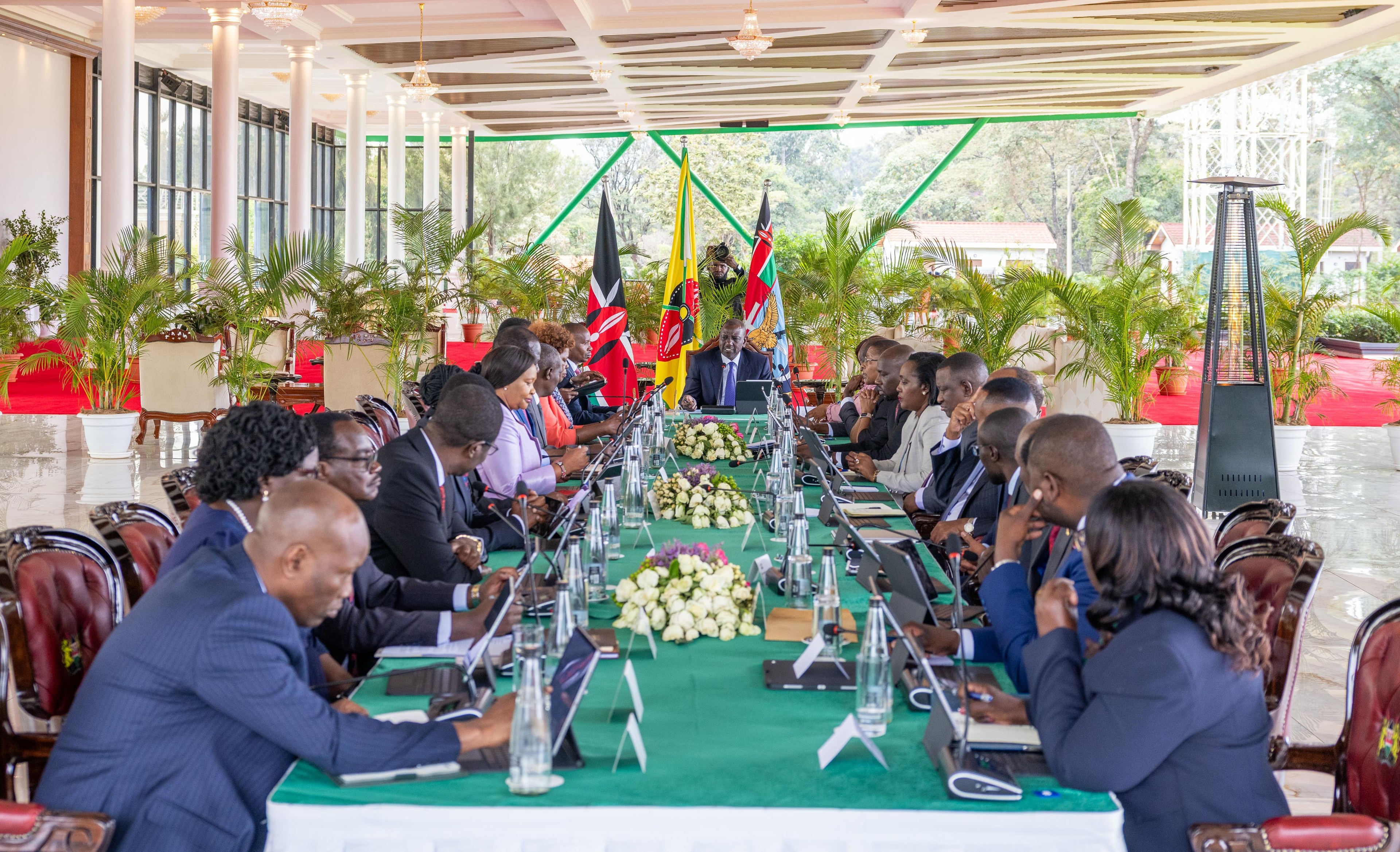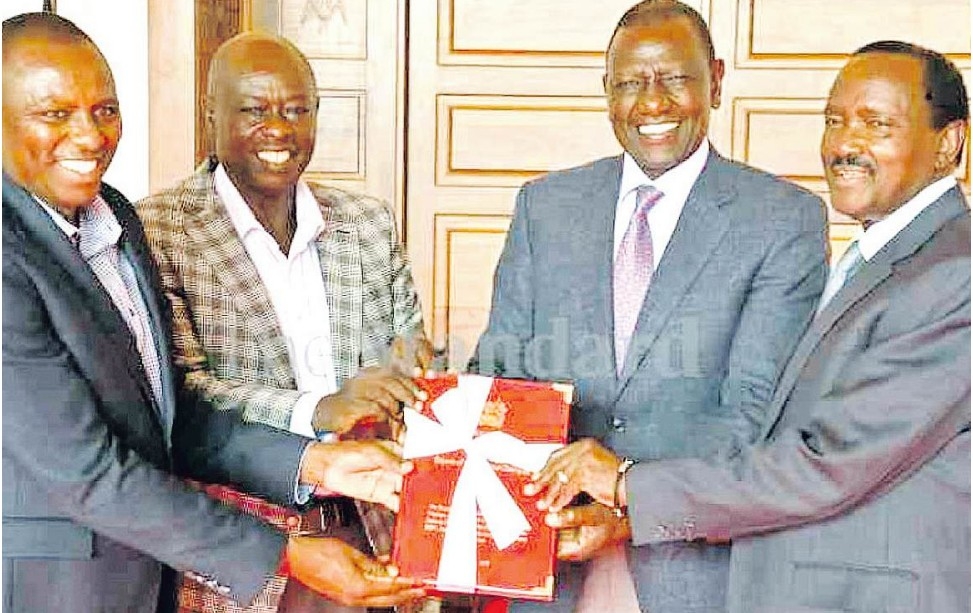

The Finance Bill, 2025 arrives at a time when public trust in fiscal policy is fragile. The 2024 protests—largely driven by young Kenyans frustrated with the tax burden introduced by the previous Finance Bill—highlighted a growing demand for transparency, accountability and equity in government decision-making.
As Parliament facilitates public participation on this year’s Bill, the process must go beyond formality and meaningfully incorporate public feedback into legislative outcomes.
The stated objectives of the Finance Bill, 2025 are to strengthen Kenya’s fiscal position, expand the tax base, reduce reliance on borrowing and support sustainable development.
These goals are reasonable and timely. However, the proposed means to achieve them raise critical policy, legal and economic concerns that warrant further scrutiny and adjustment.
One of the Bill’s notable provisions is the proposed increase in the income tax threshold from Sh2,000 to Sh10,000. While this offers some relief for low-income earners, the adjustment may be inadequate in light of the current economic climate.
Inflation, rising transport and housing costs, and stagnating wages suggest that a threshold closer to Sh15,000 or Sh20,000 would provide more meaningful protection for working-class Kenyans.
The zero-rating of essential goods such as bread, maize flour, milk, LPG, solar products and electric buses is a welcome step. These items are vital to household budgets and broader environmental goals.
However, this relief could be offset by other measures in the Bill. For instance, the proposed removal of VAT exemptions on certain pharmaceuticals and medical products could increase healthcare costs at a time when the government is prioritising Universal Health Coverage. This inconsistency risks undermining public confidence and access to healthcare.
The Bill also introduces excise duties on various consumer goods, including ice cream, cake mix, ketchup and food colouring. Although these items may appear non-essential, they are regular parts of household consumption, particularly in urban areas. Increasing their cost disproportionately affects lower-income households already facing budget constraints.
Of concern, too, is the proposed excise duty on non-resident digital services. While this measure aims to level the playing field between local and foreign providers, it could also increase the cost of access to platforms used for education, work and leisure. This may limit digital access for young people and small businesses, especially in rural and informal settings, where affordability is already a barrier.
Another significant proposal is the expansion of the definition of “royalty” to include payments for software distribution. While intended to capture more digital transactions in the tax net, this change may inadvertently penalise startups and SMEs that depend on software for their daily operations.
As Kenya positions itself as a technology hub in Africa, a more measured approach—grounded in stakeholder engagement and international best practice—could prevent adverse impacts on the innovation ecosystem.
The introduction of excise duties on imported food items like onions, eggs and potatoes, while exempting those from EAC countries, seeks to promote local production. However, the success of such measures depends on the readiness of local supply chains.
Without parallel investments in infrastructure, farmer support and market access, the result could be price volatility and food shortages—an outcome that defeats the policy’s intention.
From a legal perspective, the proposed changes to enforcement and compliance mechanisms also deserve attention. Businesses would be held liable for “inconsistent use” of zero-rated goods, yet the definition of inconsistency remains vague.
Lack of clarity may result in administrative overreach and unintentional non-compliance. Similarly, the repeal of certain tax dispute mechanisms could restrict access to fair adjudication, potentially weakening trust in the tax system.
Finally, while the proposed rollout of mandatory e-invoicing aligns with global digital tax reforms, it poses challenges for Kenya’s informal sector and smaller enterprises that lack digital infrastructure. Without capacity-building and technical support, the policy may push such businesses further outside the formal economy.
In summary, the Finance Bill, 2025 contains several positive initiatives aimed at improving tax administration and supporting long-term development. However, some provisions—if left unrefined—could have unintended economic and social consequences. These include increased living costs, barriers to business innovation, and weakened access to healthcare and basic goods.
A balanced bill would preserve VAT exemptions on essential goods, support digital taxation, and ensure clear, legal enforcement mechanisms. It would enhance food security, encourage local production, and maintain fair tax dispute resolution avenues.
As Parliament deliberates on the bill, the outcome should reflect a considered balance between revenue generation and the constitutional imperative to promote social justice, equity, and inclusivity.
Fredrick Okango is a strategic advisor in communication and an expert in leadership and governance













![[PHOTOS] Ruto present as NIS boss Noordin Haji's son weds](/_next/image?url=https%3A%2F%2Fcdn.radioafrica.digital%2Fimage%2F2025%2F11%2Ff8833a6a-7b6b-4e15-b378-8624f16917f0.jpg&w=3840&q=100)




